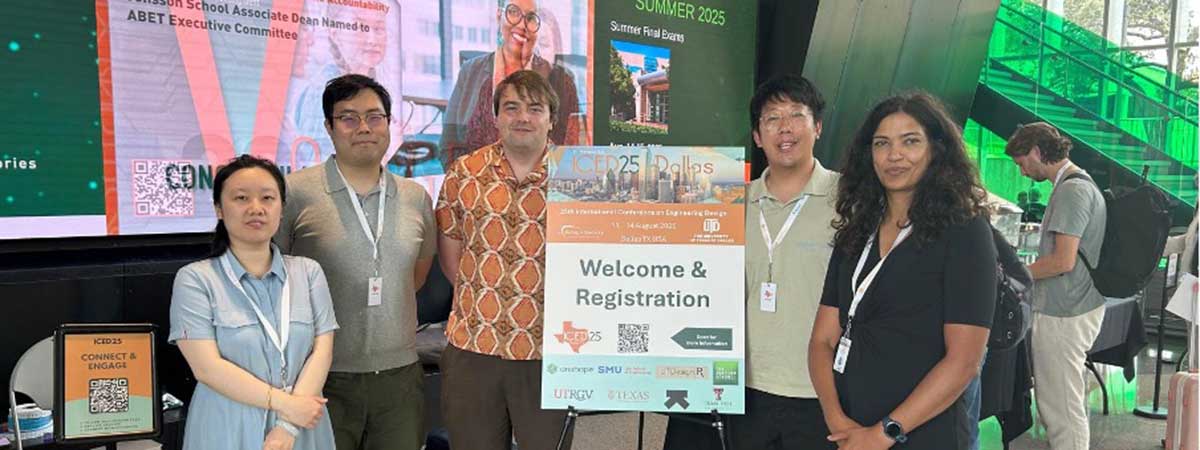From paper co-authored by Roger Maull and Phil Godsiff, with Steve Brewer, Simon Pearson, Jeremy G. Frey, Andrea Zisman, Gerard Parr, Andrew McMillan, Sarah Cameron, Hannah Blackmore, Louise Manning and Luc Bidaut
The food system is increasingly reliant on a multitude of data-driven technologies that connect global supply chains and underpin productivity, trade and security. Improved governance of data exchange – through a data trust framework – will drive sustainable business growth and secure wider public benefits.
a data trust framework – will drive sustainable business growth and secure wider public benefits.
The full potential for a digitally transformed food system has not yet been realized – or indeed imagined. Data flows across, and within, vast but largely decentralized and tiered supply chain networks. Data define internal inputs, bi-directional flows of food, information and finance within the supply chain, and intended and extraneous outputs. Data exchanges can orchestrate critical network dependencies, define standards and underpin food safety. Poore and Nemecek hypothesized that digital technologies could drive system transformation for the public good by empowering personalized selection of foods with, for example, lower intrinsic greenhouse gas emissions. Here, we contend that the full potential of a digitally transformed food system can only be realized if permissioned and trusted data can flow seamlessly through complex, multi-lateral supply chains, effectively from farms through to the consumer.
Data for the public good
Whilst the transmission of commercial and personal data is highly controlled and regulated, there are many examples where data are not readily transmitted through supply chains that could otherwise serve a public or common benefit. These data include food safety, certification and standards, environmental costs of production, nutritional content and know-how that could drive whole supply chain efficiency. For food safety alone, regulation (for example, the 1990 UK Food Safety Act) requires all actors within a supply chain to trace products just ‘one-step up’ and ‘one-step back’ through the supply chain. There is no compulsion to connect traceability data beyond that requirement, or for supply chain actors to transmit data through the multiple tiers of the complex food system. Barriers to the exchange of data that can realize a common benefit are associated with a lack of trust between exchanging parties, technical and legal complexity of managing and governing data exchange, and fragmented sector leadership.
Continue reading this paper on the Nature Food website
Topics covered include:
- Data trusts and trust frameworks
- Governance and legal form
- Security, interoperability and operation
- Intelligent and transformed food chain





